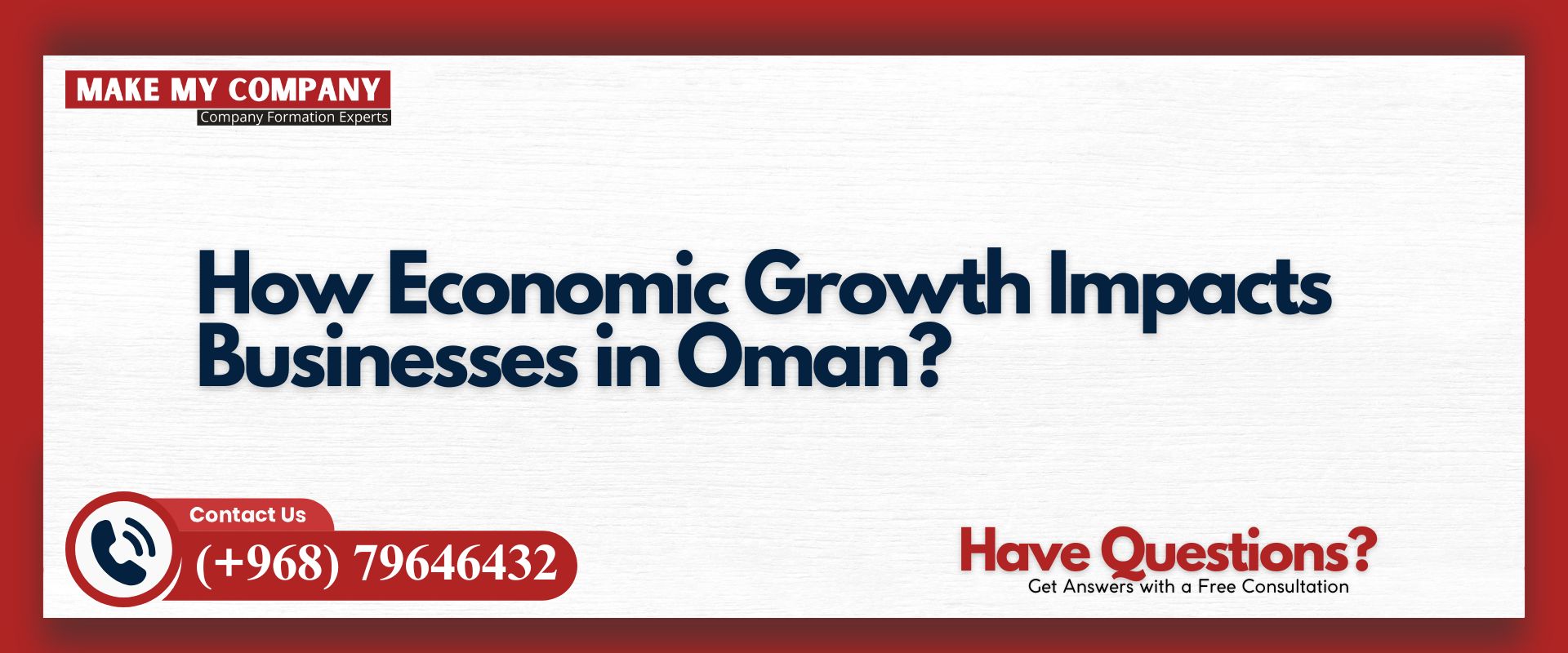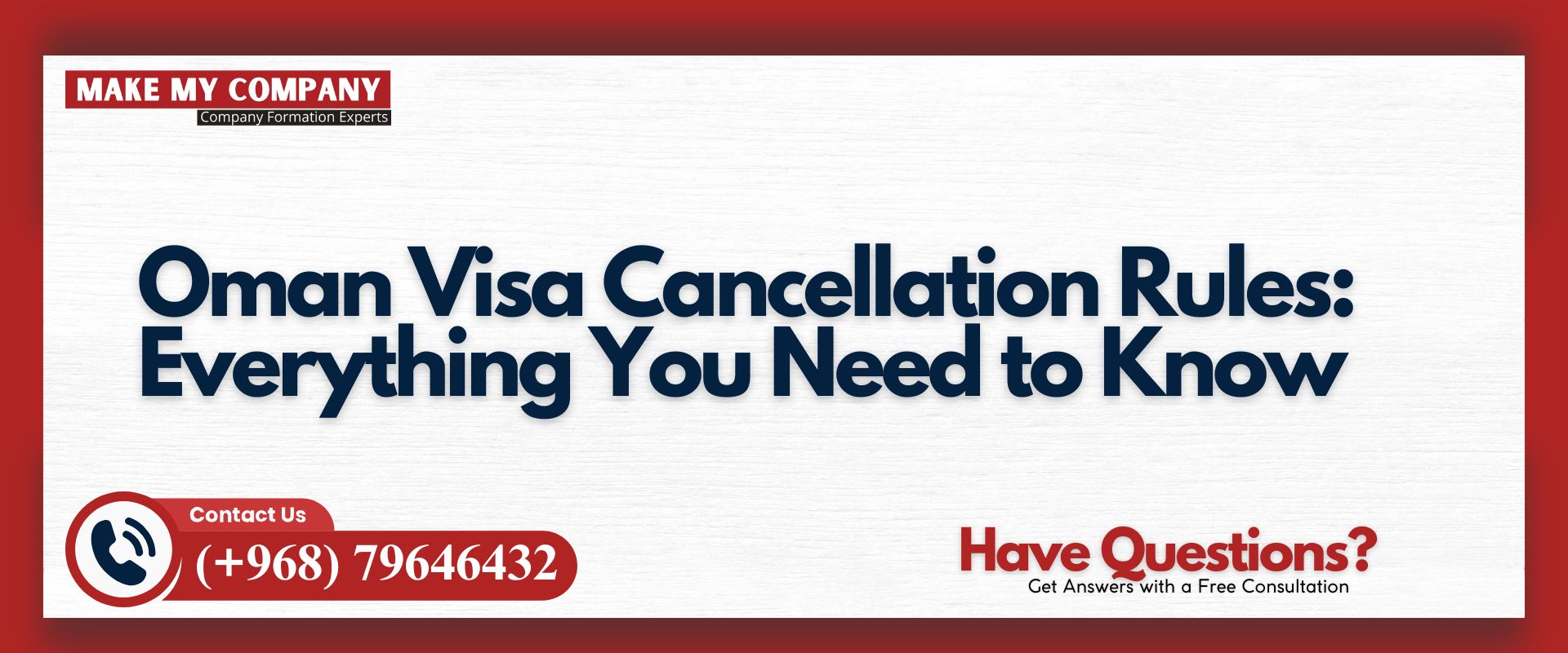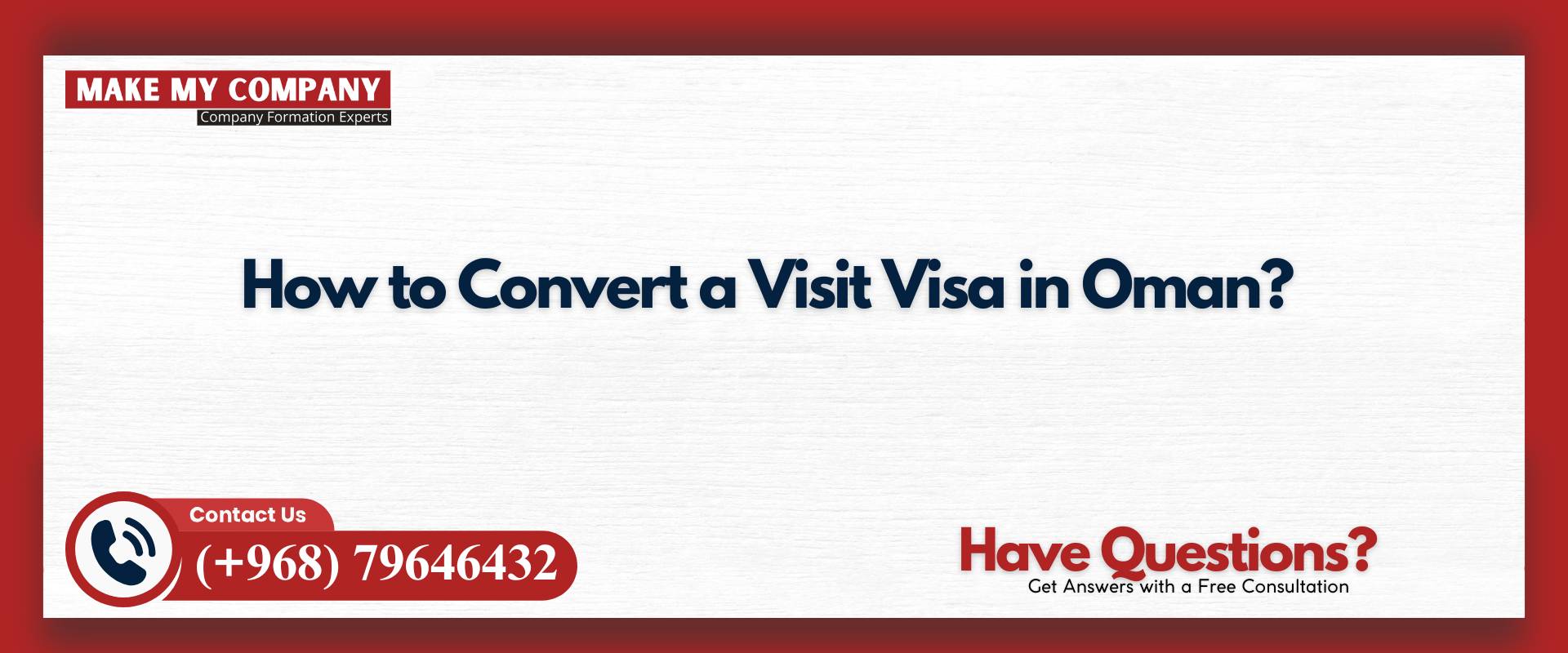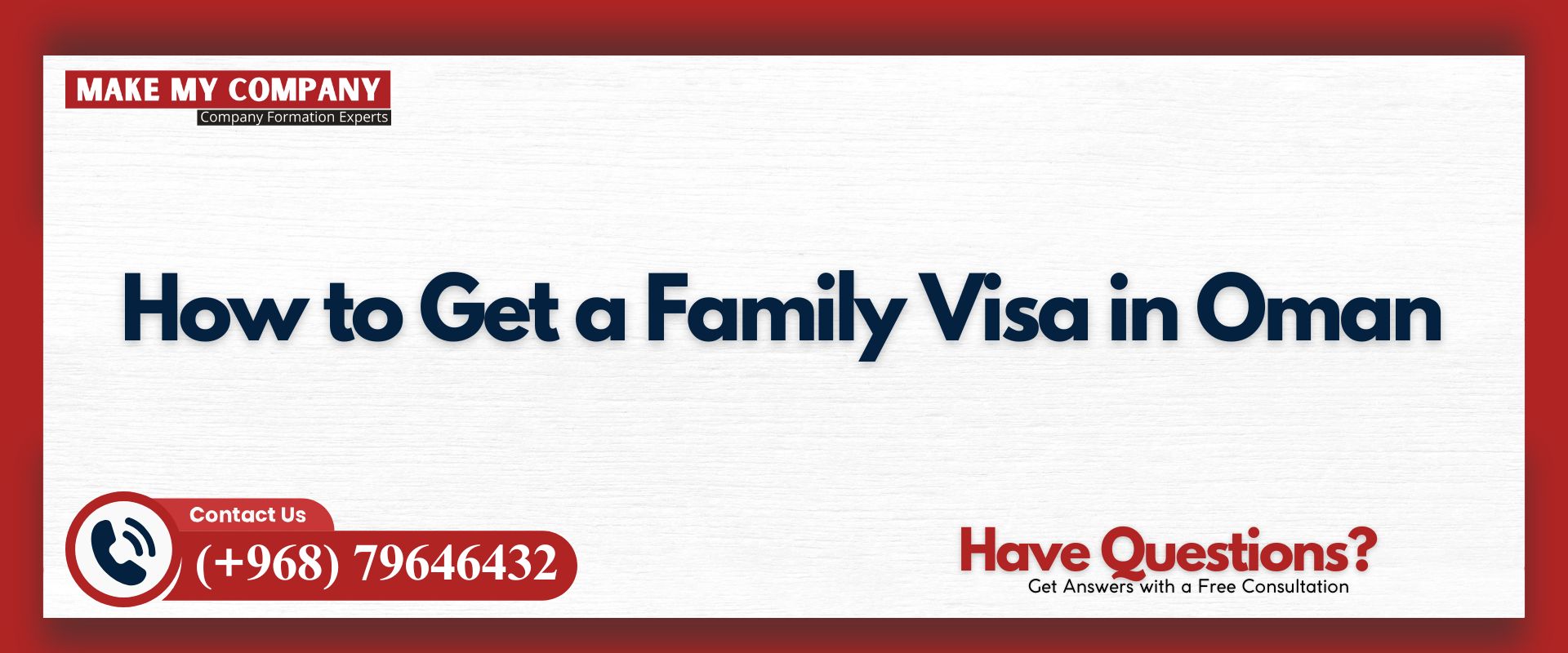Oman has been steadily climbing the ladder of economic development. As one of the Gulf’s most promising economies, its growth story is not just about numbers—it’s about real-world change. Roads are being built, technology is evolving, and businesses are seeing the impact first-hand. But what does this economic growth really mean for companies operating—or planning to operate—in Oman?
This article takes a closer look at how economic growth in Oman influences businesses across sectors, affects strategy, and creates new opportunities for both locals and foreign investors.
Understanding Economic Growth in Oman
Economic growth isn’t just a buzzword. It means the country is producing more, investing more, and earning more. When the economy grows, money flows through the market—people have jobs, companies have customers, and the government has the resources to invest in infrastructure.
In Oman’s case, economic growth has been fueled by efforts to diversify beyond oil. This shift has opened the doors for industries like tourism, logistics, mining, fisheries, and clean energy.
So how does that growth reflect in the real business world? Let’s explore.
Business Expansion and Market Confidence
When an economy grows, so does business confidence. And in Oman, more companies are choosing to expand their operations, invest in new technology, and tap into underserved customer bases.
Easier Access to Capital
Growth boosts the financial sector. Banks and investors become more willing to finance promising businesses. SMEs especially benefit from new funding programs and easier access to loans.
Growing Customer Base
As employment rises, so does consumer spending. Businesses in retail, hospitality, F&B, and services gain new, active customers looking for value and variety.
Rise in B2B Opportunities
With more companies entering the market, there’s an increased demand for B2B services—consulting, logistics, tech support, and business infrastructure providers all find more clients.
Diversification and Sectoral Opportunities
One of the biggest outcomes of Oman’s economic strategy has been diversification. This shift spreads the focus beyond oil, leading to booming demand in sectors that once got less attention.
Tourism and Hospitality
The government has invested in world-class resorts, heritage sites, and nature destinations. This has created a ripple effect—more hotels, tour companies, food outlets, and entertainment venues are thriving.
Logistics and Trade
Oman’s ports—like Salalah and Sohar—are rapidly growing as trade hubs. That’s opened up opportunities for freight, warehousing, customs support, and supply chain businesses.
Manufacturing and Industry
Industrial zones and free zones are attracting global manufacturers. Local production of goods—from food to pharmaceuticals—is reducing reliance on imports and encouraging exports.
Infrastructure Growth Supports Business
A growing economy invests in itself. Oman has put serious money into roads, airports, communication systems, and power grids. This makes it easier for businesses to operate efficiently.
Easier Movement of Goods
Improved roads and port access reduce delivery times, boost supply chains, and cut costs for logistics-heavy businesses.
Better Connectivity
Modern infrastructure helps digital businesses operate seamlessly. Whether you’re running an e-commerce store or a remote services firm, Oman’s infrastructure has become more reliable.
Rising Employment and Talent Development
As businesses grow, they need talent. And as the economy expands, Omanis gain new skills through education and experience.
Local Workforce Development
Oman’s government supports job training programs and encourages private businesses to hire locals through incentives. A skilled workforce is now more available and more adaptable.
Higher Productivity
Economic growth often correlates with better productivity. Employees are more engaged, better trained, and motivated to perform, which boosts business performance.
Government Support for Businesses
With growth comes proactive policies. Oman’s government has launched programs and platforms that make it easier to start, run, and grow a business.
Easier Business Registration
Processes have been digitized, and entrepreneurs can now set up companies online, reducing delays and paperwork.
SME Funding and Grants
Small and medium enterprises benefit from funding schemes, training, and incubation programs designed to help them thrive.
Free Zones and Tax Benefits
Oman’s free zones offer tax breaks, customs exemptions, and 100% foreign ownership. These zones have become hotspots for international investors.
Technology and Innovation on the Rise
Economic growth has triggered a rise in innovation. Businesses are using technology more than ever—for operations, marketing, customer service, and analytics.
Digital Transformation
From online payment systems to cloud-based operations, companies in Oman are embracing digital tools to improve efficiency and reach.
Startups in Tech and FinTech
New startups in fields like FinTech, HealthTech, and EdTech are emerging, attracting both local interest and global partnerships.
Challenges Businesses Must Prepare For
While economic growth brings benefits, it also comes with challenges. Businesses must be ready to adapt to a changing environment.
More Competition
A growing market attracts more players. To stay ahead, businesses need to innovate, improve service, and build strong customer loyalty.
Regulatory Changes
With reforms and modernization, rules may change quickly. Business owners must stay updated to remain compliant.
Inflation and Operational Costs
As economies grow, prices rise. This could affect wages, rent, and supply costs, so financial planning is key.
How Small Businesses Are Benefiting
You don’t have to be a big corporation to feel the benefits of Oman’s economic growth. Small businesses—from cafes to home-based services—are experiencing real advantages.
Better Visibility and Reach
Social media, online marketplaces, and digital tools are helping small businesses grow faster than ever before.
Stronger Community Support
With economic development comes a mindset shift—more Omanis are supporting local businesses, which strengthens the entire ecosystem.
The Role of Foreign Investors
Foreign investors are playing a key role in Oman’s economic development. The country welcomes international businesses with open arms.
Ownership Flexibility
In many sectors, 100% foreign ownership is allowed, removing barriers that once discouraged international investment.
Support from Business Setup Consultants
Many consultants now offer complete support—from licensing to legal advice—making it easier for foreigners to enter the Omani market.
What the Future Holds
The future looks bright. Oman’s Vision 2040 aims to make the economy even more inclusive, diverse, and sustainable. This means:
- More green energy businesses
- Growth in tech and digital services
- Expanding logistics and export potential
- Bigger incentives for entrepreneurs and startups
For businesses already in Oman or planning to enter, this is a moment of opportunity.
Conclusion
Economic growth in Oman is not just reflected in statistics—it’s visible in the lives of businesses, investors, and professionals across the country. Whether you’re a startup, a growing enterprise, or a multinational company, Oman offers a supportive, forward-looking environment where businesses can truly thrive.
If you’re thinking about a business setup in Oman, now is a great time to take the leap. With a growing economy, strategic support, and an eager market, the stage is set for success.









